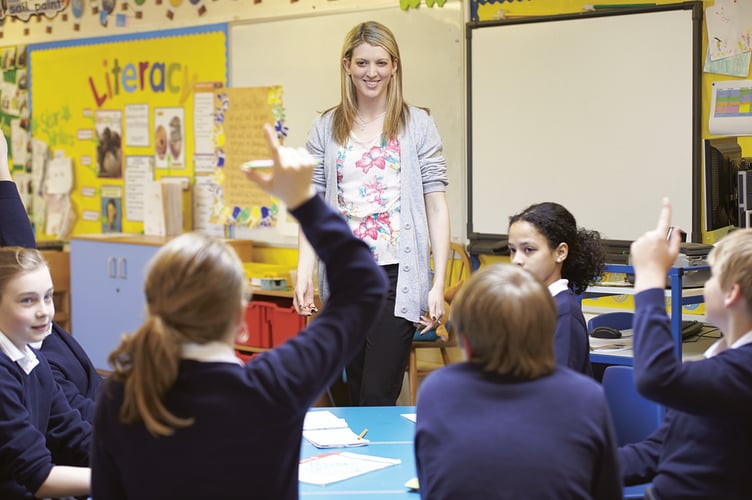A partnership between Cornish schools, researchers and local industries has successfully raised the status of creativity in schools, a new study shows.
The impact of the project is now detailed in a new report which provides insight into the programme, Creativity Collaboratives, part of Arts Council England's national pilot. It has been delivered within Cornish schools with overarching research led by academics at the University of Exeter.
Over the past three years the programme has resulted in leaders and teachers changing their curriculums and classroom practice. All those who participated in the research said the project had helped them develop their understanding of the creative skills and their importance in preparing for a future workforce.
Sarah Childs, Penryn Creativity Collaboratives (PCC) lead said: “We’ve heard from our teachers that creative pedagogy deepens understanding and I’ve been so fortunate to observe in our classrooms how students are engaging in more memorable learning whilst also developing their creative skills they need for their futures.”
Dr Mathilda Joubert has worked as an international advisor for PCC on this final report and said: “With creativity often sidelined due to other educational pressures, this report examines what it takes to keep creativity at the forefront of educational practice over the long term.
“By presenting a roadmap for embedding creativity in education, Penryn Creativity Collaborative sets a course for educators, policymakers and researchers who aspire to create classrooms and school communities where creativity thrives.”
PCC, which is funded by Arts Council England with support from the Freelands Foundation, began in October 2021. The Penryn Partnership is one of eight national pilots, building a network of schools that has tested a range of innovative approaches to teaching for creativity.
The project is led by Sarah Childs, assistant headteacher at Penryn College, with the research study led and facilitated by associate professor Kerry Chappell and Ursula Crickmay from the University of Exeter.
Amanda Rigler, senior manager, Arts Council England, said: “Through this initiative, we've seen how creativity supports increased engagement, confidence, and ownership in learning, alongside important positive changes in teaching practices.”
Building on the success of the pilot phase, Arts Council England has launched Creativity Collaboratives: Legacy Phase, which has been running since September and will continue until July 2026. This phase will further explore and bring together the lessons learned with a strong focus on equity, diversity and inclusion, developing a bank of resources to support a sustainable approach to creative education.
To join the Penryn Creativity Collaboratives mailing list and be kept up to date with project progress and outputs; email: creativitycollaboratives@penryn-college.cornwall.sch.uk




